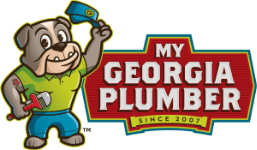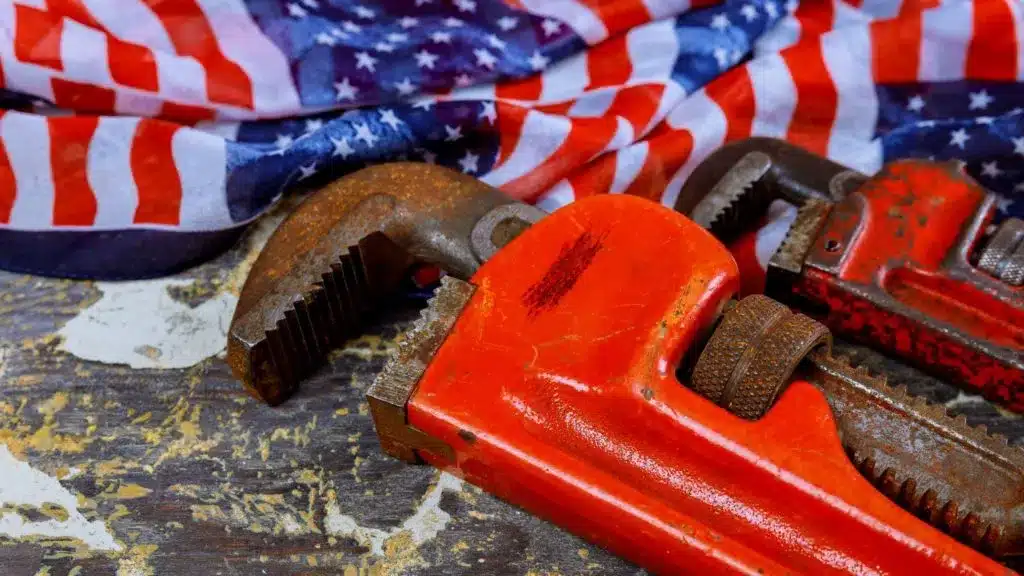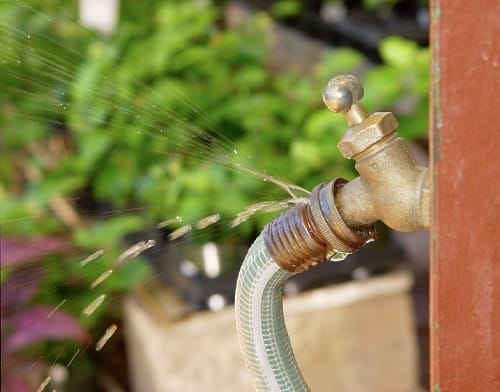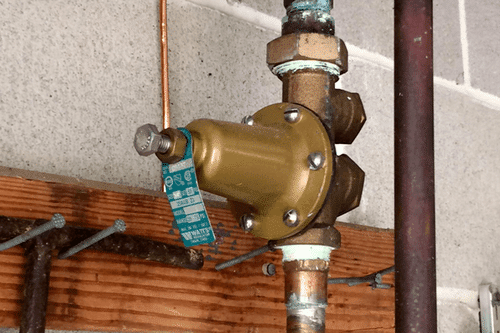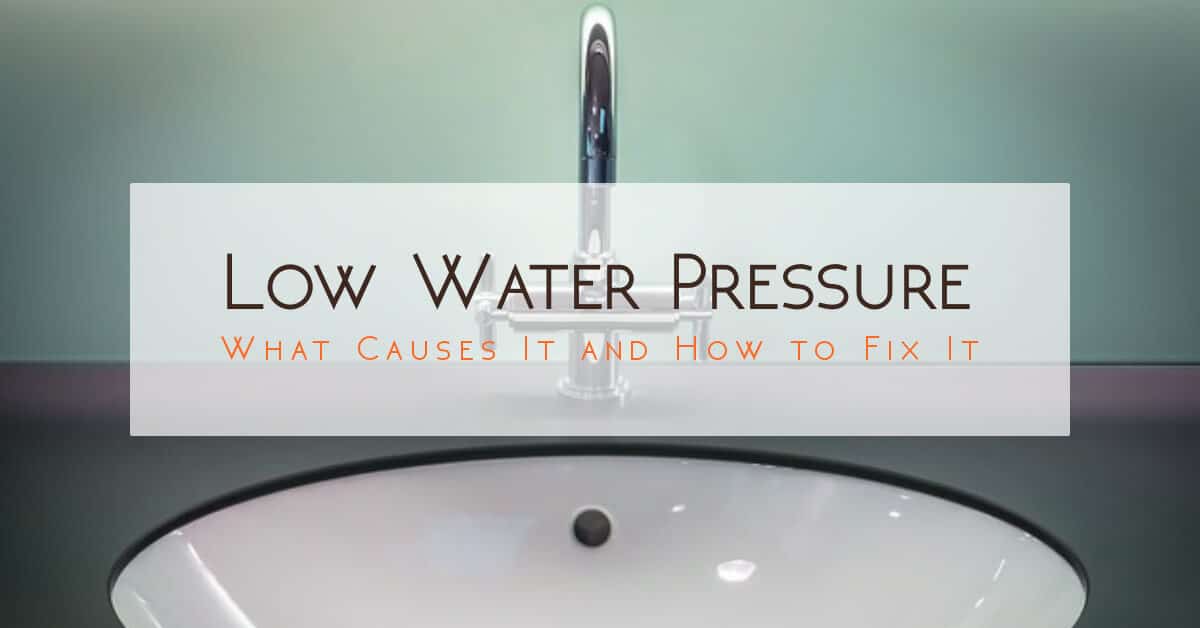
Is low water pressure putting a damper on your daily routines? Dealing with this frustrating issue can be a real hassle for any homeowner. In this blog post, we’ll guide you through a structured approach to address low water pressure effectively. Our goal is to help you create a comfortable living environment and save you from the headache of costly plumbing repairs. Along the way, we’ll also share valuable tips for maintaining optimal water pressure and keeping your plumbing system in excellent condition. So, if you’re ready to say goodbye to low water pressure and plumbing troubles, read on. And remember, for all your plumbing needs, including emergencies, you can rely on My Georgia Plumber at 770-592-0081. Don’t wait; take action today!
Identifying Low Water Pressure Causes
If you’ve discovered that your water pressure is indeed low, here are some steps to take:
- Ask Around: Ask your neighbors if they are experiencing similar issues. The problem may be related to the city’s municipal water system.
- Check the Water Meter, Shut-Off Valve, or Regulator: Ensure the water meter and main shut-off valve are fully open at the street. Make sure Water Pressure Regulator is functioning properly.
- Check for Leaks: Undetected leaks can cause a decrease in water pressure over time.
- Check Your Faucets: Inspect your faucets and fixtures for mineral build up.
- Consider Clogged Pipes: Accumulated residue and debris inside the water pipes can reduce water flow.
- Check Faucet Strainers: Ensure they aren’t blocked.
- Aerator Maintenance: Regularly remove and clean aerators/strainers to prevent mineral buildup.
- Inspect Main Valve: Verify that the main valve coming into your home is fully open.
- Meter Valve Check: Ensure the meter valve is open and functioning correctly.
Addressing Galvanized Pipe Issues
For homes with galvanized metal piping, calcium and mineral deposits could be causing the problem. Over several decades, calcium leaches out of the water and adheres to the inner surface of the pipes. This buildup can significantly reduce the internal diameter, affecting water flow.
If your home has galvanized pipes, it’s often best to replace all the piping, not just the horizontal sections. While it may seem tempting to replace only the affected parts, the cost is essentially the same when considering tear-out and labor. Replacing the entire system ensures a more reliable, long-term solution.
Occasionally, an old galvanized main valve may become stuck halfway open. Gate valves can experience issues with the rising stem pulling out of the disk that shuts off the water. If you encounter this problem, it’s essential to replace the valve.
Maintaining Optimal Water Pressure
Now that you’ve tackled low water pressure, here are additional tips to ensure your plumbing system remains in excellent condition:
- Garbage Disposal Care: Learn what to put (and what not to put) down your disposal to prevent clogs and maintain water flow.
- Preventing Frozen Pipes: Discover how to insulate exposed pipes and maintain proper heating to avoid freezing during winter.
- Air Vent Maintenance: Ensure warm air circulates effectively by not blocking air vents with furniture.
- Clogged Drains: Use drain catchers and consider declogging products or professional plumber services from My Georgia Plumber.
- Promptly Address Plumbing Problems: Learn why it’s crucial to address plumbing issues promptly to prevent more extensive damage and higher water bills, such as the impact of leaky faucets on mold growth and expenses over time.
By following these structured steps and tips, you can increase your home’s water pressure, prevent plumbing mishaps, and maintain a comfortable and functional living environment. Don’t let low water pressure disrupt your daily life or lead to costly repairs. Act now to enjoy better water pressure and plumbing health. For all your plumbing needs, including emergencies, remember that My Georgia Plumber is just a call away at 770-592-0081. Don’t hesitate; take action today!
